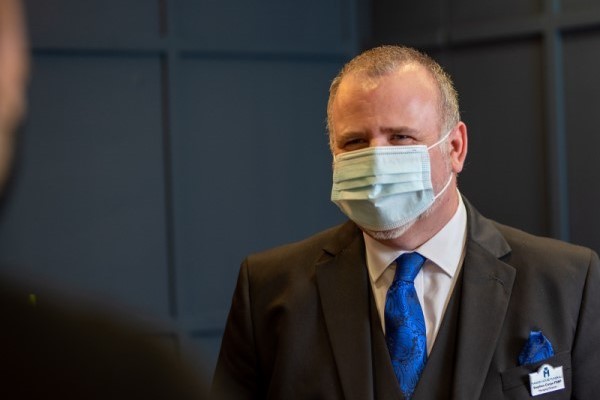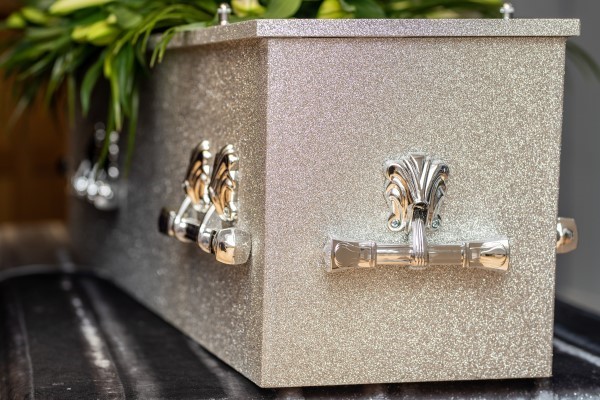The death of a loved one in a foreign country can be a bewildering experience. There are a number of things to do:
Contact the Foreign, Commonwealth & Development Office (FCDO)
The first thing to do is call the FCDO in London on 020 7008 5000, or the nearest British embassy, high commission, or consulate. You can speak to someone by phone 24/7 any day of the year.
Contact the insurance company of the person who died
If the person who died had insurance, contact their insurance company as soon as possible. Travel insurance may cover costs such as medical, repatriation, legal, interpretation and translation fees.
Consider whether to arrange a burial or cremation in the country where the person died or bring them back to the UK
The decision needs to be made as to whether the person who has died will be buried or cremated in the country where they died or brought home. This is known as repatriation.
Appoint a funeral director
If you want to arrange a burial or cremation in the country where the person died, you usually need to appoint a funeral director there. The FCDO also has lists of funeral directors in other countries.
Please note, if the person who died had insurance, their insurance company may have their own funeral directors. If they did not have insurance, you will usually need to appoint your own funeral director or repatriation company.
If you are bringing your loved one back to the UK for their funeral, you will need a local funeral director to help. Please get in touch, we have significant experience in advising on and arranging funerals for people who have died abroad.
Register the death in the country where the death occurred and obtain a local death certificate
Deaths must be registered in the country where the person died. The hospital, local police, or a tour guide can usually advise you how to register a death and obtain a death certificate. If you need advice, contact the FCDO or the nearest British embassy, high commission, or consulate.
Tell UK government departments and other organisations about the death
If the person died in the Commonwealth, the EU, EEA or Switzerland, you may be able to use the UK Government’s Tell Us Once service. This lets you report a death to most government organisations in one go. If you cannot use this, there is a list of government departments to inform, and suggestions for other organisations.
Bringing your loved one home
To bring the body of your loved one home:
- get a certified English translation of the death certificate
- get permission to remove the body, issued by a coroner (or equivalent) in the country where the person died
- tell a coroner in England if the death was violent or unnatural
For advice, contact the British consulate, embassy or high commission in the country where the person died.
It is possible to travel with a loved one’s cremated remains, but the following will be required:
- the death certificate
- the certificate of cremation
Each country has its own rules about departing with human ashes and there may be additional requirements. Again, that country’s British consulate, embassy, or high commission will be able to help. You’ll need to fill in a standard customs form when you arrive home.
Contact your airline to find out whether you can carry the ashes as hand luggage or as checked-in luggage. They may ask you to put the ashes in a non-metallic container so that they can be x-rayed.
Please note that you should not have the person cremated abroad if you want a coroner at home to conduct an inquest into their death.
The government’s Coping with Death Abroad publication gives general and country specific formation for relatives or friends of British nationals who die overseas.




